8 Quick Tips For Senior Sun Safety
As the weather heats up we’re all more likely to spend more time outdoors. Seniors especially may look forward to spending some additional time outside going for walks or rides and taking in the sights. Summer means extra-long daylight hours and more time for outdoor activities.
However, older adults (that is, people aged 65 years and older) are more prone to heat-related illnesses in the summer. This is because older adults do not adjust as well as young people to sudden changes in temperature. They’re also much more likely to have chronic medical conditions that change the normal body responses to heat. They’re put at additional risk due to prescription medication use that may impair their body’s ability to regulate temperature or perspire.
Every year nearly 40% of those admitted to urgent care centers and emergency rooms with symptoms of heat exhaustion and heat stroke are over the age of 65. The elderly, similar to children and babies, are more prone to heat-related problems. According to Centers for Disease Control and Prevention (CDC), however, our best defense against heat-related illness is prevention. For more information visit this signs and symptoms of heat-related illness guide.
By following these tips and taking these precautions you can ensure the safety of your loved ones this summer.
Avoid peak hours. Avoid going out in the sun between the hours of 10 AM and 3 PM. These are the hours that the sun is at its highest and the heat is most intense. If you do need to go out, stay in shaded areas as much as possible.
Dress appropriately. It’s a bit counter-intuitive but the more you cover the less chance of burns and overheating. Do use the right materials, however. Avoid dark colors and synthetic fabrics in summer. Aim for thin and airy woven long-sleeve cotton blouses, and linen pants or breezy skirts. A tight weave will help block the sun and is another great clothing option for outdoor wear.
Add extra protection. To further block sun exposure to vulnerable areas like the eye and face, be sure to wear a hat and sunglasses. Using proper sunglasses can block up to 99 percent of ultra-violet rays, which are extremely harmful to the eyes.
Wear Sunscreen. Use a sunscreen with a minimum SPF of 30 or higher that offers UVA and UVB protection. Apply sunscreen to any exposed skin like arms, legs, feet, hands, ears, neck, and face. Make sure you put the sunscreen on at least 30 minutes before going out – even on a cloudy day – and reapply every two hours. Reapply even more frequently when in, and around, water.
Ensuring rigorous health is another great way to protect those that we love, of all ages, who are more vulnerable to the heat. Here are a few tips to ensure that our bodies are functioning at optimal levels:
Never skip breakfast. Breakfast is the most important meal of the day. Make sure to include nutritious foods which support physical activity and are good for bone, muscle, and brain growth. Offer balanced breakfasts including foods like; a bowl of oatmeal, fresh fruits, and almonds, scrambled eggs, or a cold glass of milk.
Eat plenty of fresh fruits and vegetables daily. Make sure to fill half of your plate with fruits and vegetables with every single meal (breakfast, lunch, and dinner) and add them into your day as healthy snacks as well. In addition to the fiber and micronutrients (like vitamins and minerals) that fruits and vegetables provide, they are also an excellent source of water, and an easy way to stay hydrated in summer.
Ensure proper hydration. Carry water with you wherever you go. To calculate how much you need, consult an online water calculator to determine the right amount to drink for your age, weight, and climate. Start drinking more and more water with added slices of fresh fruits like lemons, limes, watermelon, oranges, and strawberries to add some delicious flavor. Avoid sugary sports drinks and fizzy drinks. Keeping yourself hydrated, and your electrolytes balanced, will help cool your body and prevent heat-related illnesses.
Get lots of rest. After spending time in the hot summer heat, make sure you get lots of rest. Be sure to allow for 8 to 10 hours of sleep each night. This lets your body recover from a day in the sun and is also very important for recuperation, healing, and regrowth.
Summer is the second name of enjoyment. Staying safe in summers doesn’t mean we need to stay indoors all the time. Find a bracket in the day, outside of peak sun hours, for visiting parks, barbeque cookouts, walking, swimming, bike riding, and other outdoor activities with family and friends. If you take a few simple safety precautions before starting any activity, you’re sure to have many safe and fun summer days.

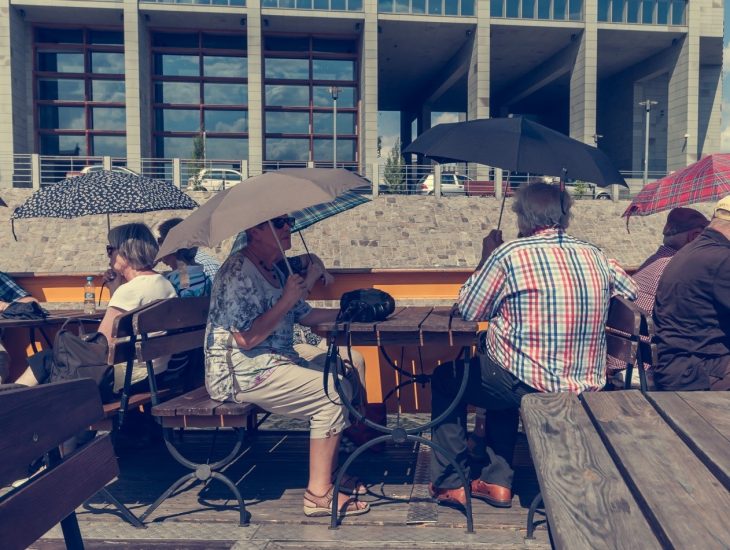


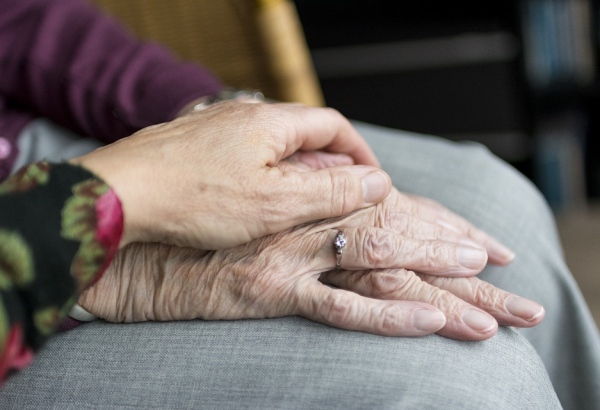

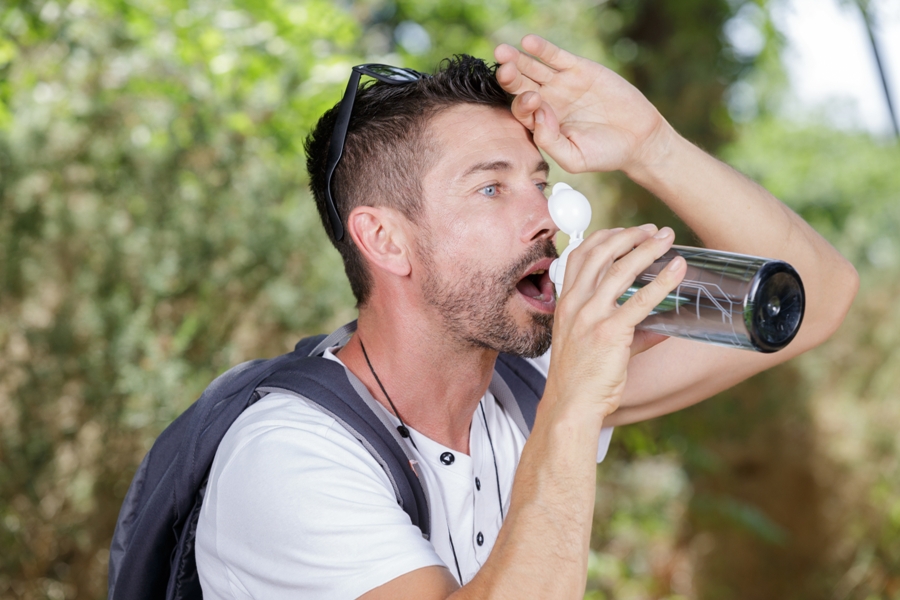
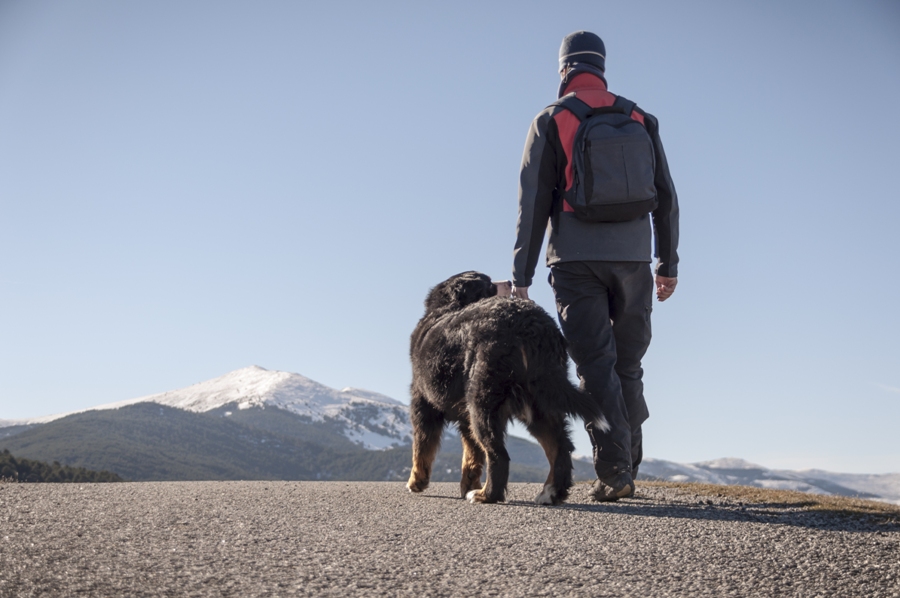




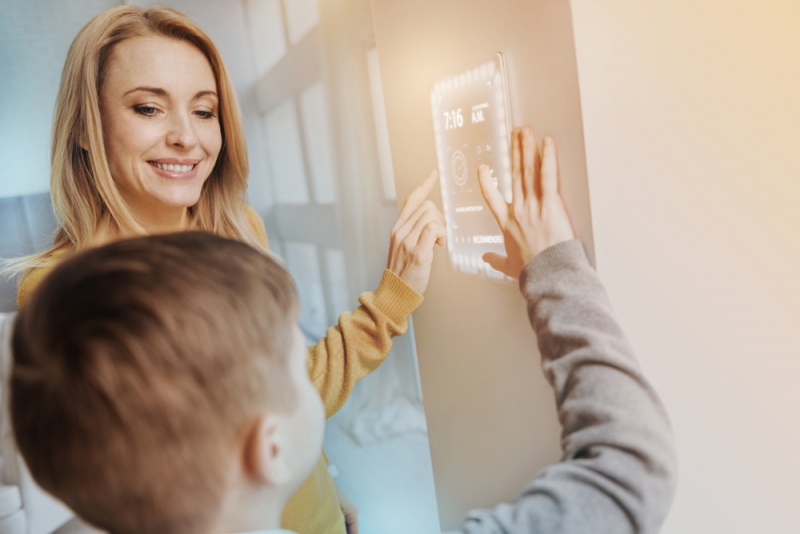





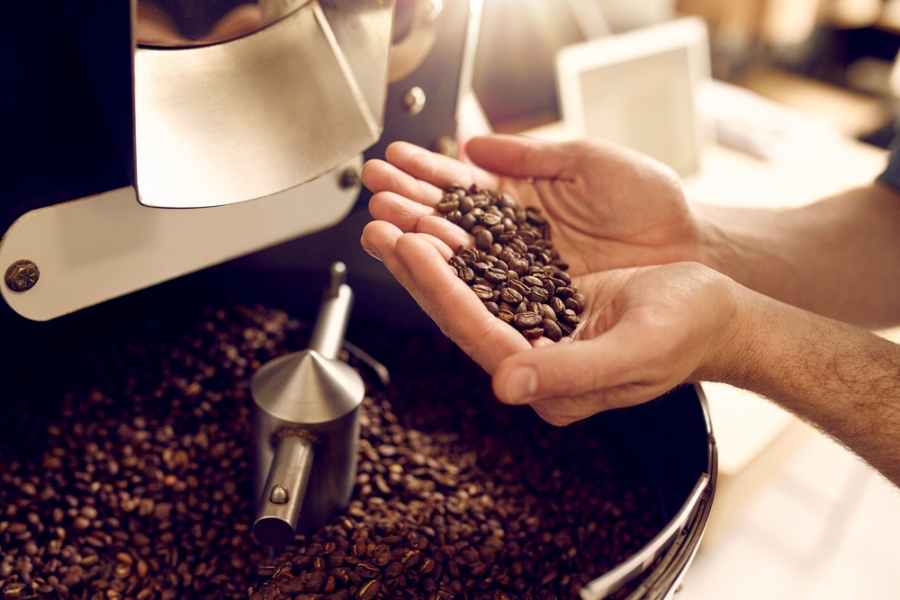

Leaver your comment